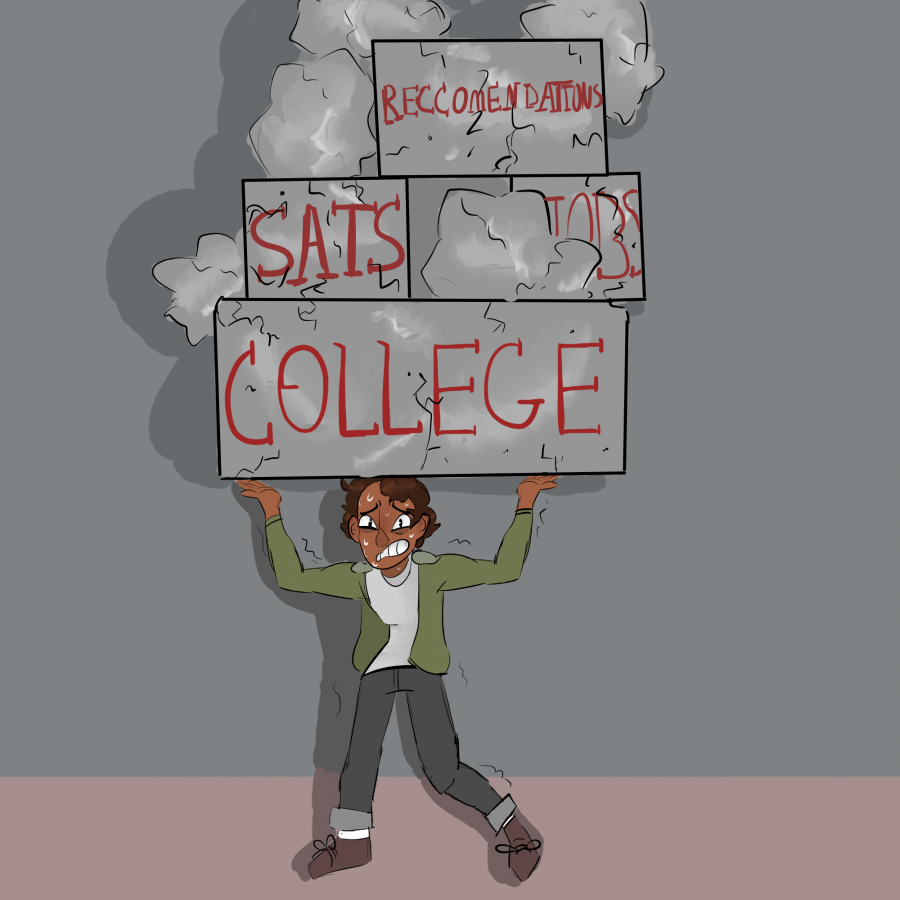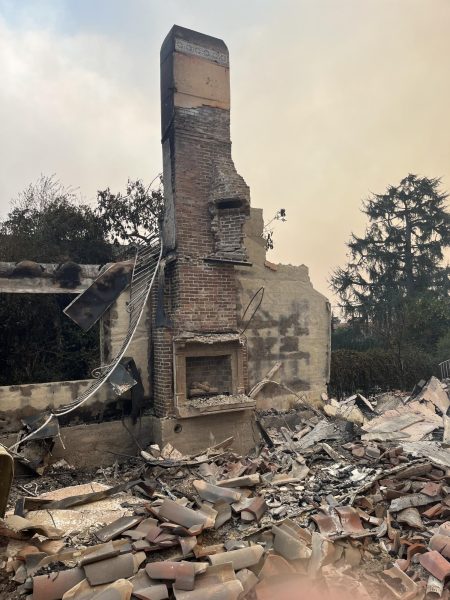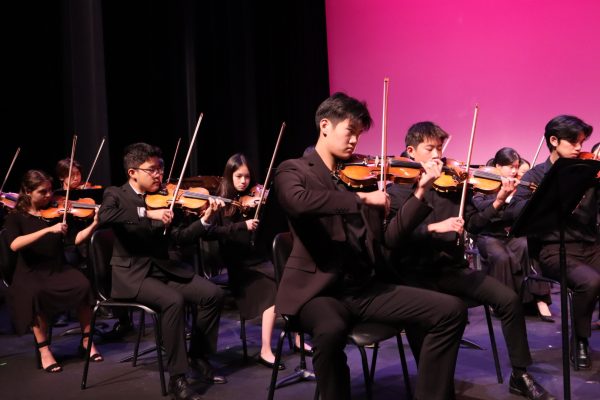Is College Admissions Making Students Sicker?
School. Homework. Sports. Extracurricular activities. Sleep. Repeat.
That’s what life is for some students. Even on the weekends there’s soccer games, volunteering events and academic competitions. Kids who go to elite private schools like Sage Hill have access to a challenging academic curriculum, over-qualified staff and connections to the real-world work force through the Sage Hill Internship Program.
However, the rigor of these programs can come at a cost other than their price tag. According to Frontiers, a series of journals in Science, Technology, Health and Engineering, about half of high school students are chronically stressed.
Adolescent stress is a new public health issue that will only grow in the future.
Between SAT prep, Advanced Placement classes and music and clubs, the kids who have these opportunities don’t have much much downtime. Kids can spend four or more hours on homework and work and end up sleeping at midnight or later.
The problem is that this pressure is warranted and almost necessary. It’s more competitive than ever to get into college and some colleges only admit up to 5 per cent of applicants. It’s up to students to present the strongest application.
College is like a nuclear arms race. It’s ultimately a competition between the most gifted students in the nation and in the world for spots in the most prestigious colleges’ around the world. Band practice, FBLA, Chess Club—each activity is seen as a rung on the ladder to college. Stress can lead to depression, alcohol abuse and an increased risk of heart cancer in adulthood. Adding in pressure from parents, teachers, and peers, stress can quickly turn into potentially fatal depression.
Eventually, this is going to blow up in our faces.
A growing body of medical evidence suggests that childhood stress is linked to a higher risk of adult depression and anxiety. Childhood is a very impressionable time; These health problems will echo through the lives of today’s youth. The pressure cooker that we’re placing our kids in is not helping our students- It’s hurting them. Without precious free time for children to explore their interests, developing their creativity and critical thinking skills, we’re creating a generation of unoriginal, uninspired students.
Stress can also harm students physically.
In a huge study undertaken by Kaiser Permanente and Centers for Disease Control, 17,000 Kaiser patients answered a questionnaire about traumatic and stressful situations in their childhood. For example, a question might ask if a person’s parents were divorced or if they experienced physical abuse, emotional neglect or sexual abuse. Compared to people with no traumatic childhood experiences, people which four or more incidents were twice as likely to be diagnosed with cancer or heart diseases.
Sage is trying to help students cope with stress by initiating programs such as Sophomore Wellness in which students respond to a discussion and to each other about health issues, but ultimately, it can be hard for students to open up and teachers’ attempts to reach out can be seen as more of a joke.
The best thing that we, the student body, can do is to help students who seem like they’re struggling. If you are struggling with depression and anxiety, please contact Mr. Prevost or Mrs. McCulloch.










